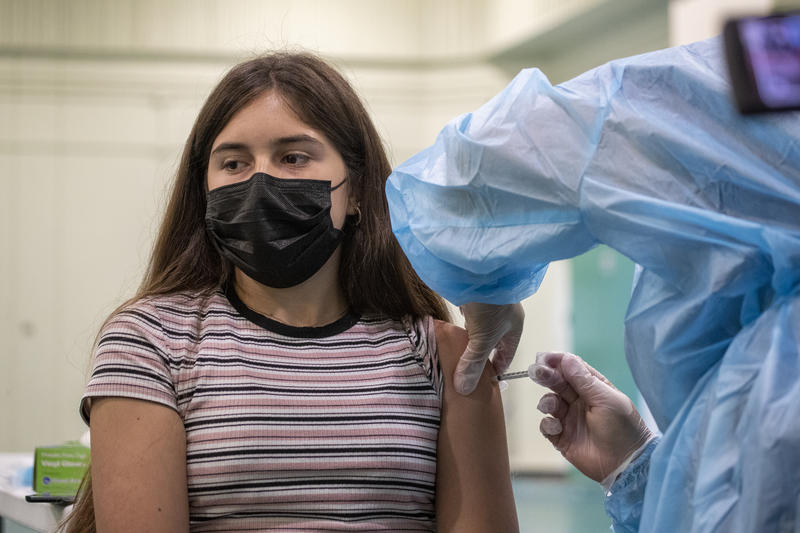

Bridging the Gap: Understanding the Health Risks of Inadequate Immunization
Vaccination stands as a cornerstone of public health, yet gaps in immunization coverage persist, posing significant risks to individuals and communities. In this exploration, we delve into the repercussions of a lack of vaccination and underscore the importance of comprehensive immunization.
Herd Immunity Erosion: The Domino Effect of Under-Vaccination
When a significant portion of the population remains unvaccinated, the protective barrier of herd immunity weakens. This leaves vulnerable individuals, such as those who cannot receive vaccines for medical reasons, more susceptible to preventable diseases. The erosion of herd immunity heightens the risk of outbreaks and endangers community health.
Resurgence of Vaccine-Preventable Diseases: A Preventable Tragedy
A lack of vaccination opens the door to the resurgence of once-controlled diseases. Diseases like measles, mumps, and whooping cough, which were on the decline, can make a comeback in under-vaccinated populations. The resurgence of these diseases not only affects individuals but also places strain on healthcare systems and resources.
Complications and Severity: The Toll on Unprotected Individuals
Inadequate immunization increases the likelihood of severe complications for those who contract vaccine-preventable diseases. Complications may include pneumonia, encephalitis, and other life-threatening conditions. The severity of these outcomes underscores the urgency of closing vaccination gaps to protect individuals from unnecessary suffering.
Global Health Threat: The Impact on Pandemic Preparedness
In an interconnected world, vaccine gaps pose a global health threat. Diseases know no borders, and under-vaccination in one region can contribute to the international spread of infections. Closing immunization gaps is not only a matter of individual health but also a crucial component of global pandemic preparedness.
Vaccine Hesitancy: Navigating Misinformation
Vaccine hesitancy, fueled by misinformation and mistrust, contributes to under-vaccination. Addressing this challenge involves countering misinformation with accurate information, fostering open communication, and building trust in the safety and efficacy of vaccines. Public health campaigns play a pivotal role in dispelling myths and promoting evidence-based vaccination.
Economic Burden: The Cost of Preventable Diseases
A lack of vaccination places a considerable economic burden on societies. Outbreaks strain healthcare resources, lead to increased hospitalizations, and result in lost productivity. Investing in comprehensive vaccination programs proves cost-effective by preventing the economic toll of preventable diseases.
Protecting the Vulnerable: Maternal and Neonatal Immunization
Vaccination extends beyond individual protection to safeguard vulnerable populations. Maternal and neonatal immunization plays a crucial role in preventing diseases that can be particularly severe for pregnant individuals and newborns. Prioritizing immunization during pregnancy contributes to the health and well-being of both mother and child.
Closing the Gap: Strengthening Immunization Infrastructure
Closing vaccination gaps requires a multifaceted approach. Strengthening immunization infrastructure involves improving access to vaccines, addressing socio-economic barriers, and implementing policies that prioritize and mandate vaccination. Collaboration between healthcare providers, communities, and policymakers is essential for achieving widespread immunization coverage.
Lack of Vaccination Health: A Call to Action
Visit Lack of Vaccination Health for additional insights and resources on the importance of comprehensive immunization. Recognizing the health risks associated with under-vaccination is a call to action for individuals, communities, and policymakers alike. By prioritizing vaccination, we can collectively build a shield of protection, fortifying public health and safeguarding the well-being of future generations.






